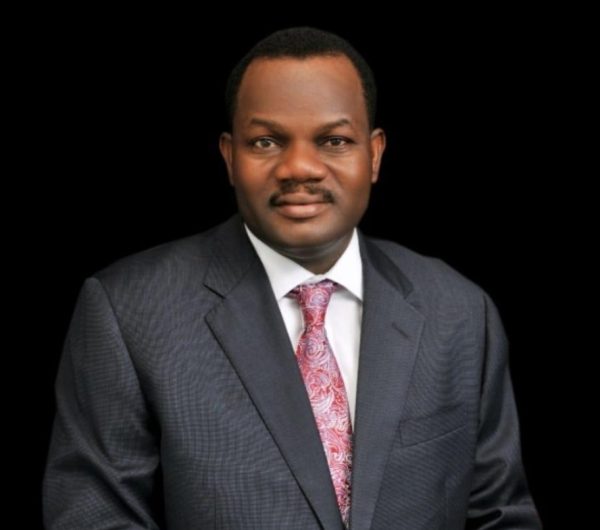
A former Director General of the Nigerian Maritime Administration and Safety Agency (NIMASA), Dr. Ade Dosunmu, has lauded the Federal Government’s proposal to grant full financial and administrative autonomy to local governments in Nigeria.
According to Dosunmu, this long-overdue initiative could profoundly transform Nigeria’s democratic landscape.
Dr. Dosunmu praised the Federal Government’s efforts, particularly the action taken by the Attorney General of the Federation, Lateef Fagbemi, who has approached the Supreme Court to advocate for this landmark initiative. He emphasized that the lack of autonomy for local governments has impeded Nigeria’s democratic progress, contrasting with the practice in other democratic nations where local governments function independently as the third tier of government.
However, Dosunmu highlighted the challenges posed by the current constitutional framework. He pointed at the ambiguities in the 4th Schedule and Section 7 of the 1999 Constitution of the Federal Republic of Nigeria. While these sections recognize local governments as the third tier of government, they simultaneously allocate certain administrative functions to state governments and state Houses of Assembly, creating a contradictory and restrictive environment. Dosunmu called for these constitutional clauses to be amended to reflect complete financial and administrative autonomy, similar to other federal systems.
Commending President Bola Ahmed Tinubu for his bold leadership, Dosunmu urged him to persist in this initiative, which he described as a critical step toward removing barriers to Nigeria’s development and progress. He envisioned a scenario where all 774 local governments operate independently, free from state government control, thereby allowing Nigerians to directly experience the dividends of democracy at the grassroots level.
Dosunmu outlined several benefits of granting full autonomy to local governments. Firstly, it would attract more qualified individuals to local government roles, reducing the focus on state and federal positions and broadening political inclusiveness. This shift would alleviate the burden on federal and state governments, enabling them to concentrate on broader policy issues.
Additionally, autonomous local governments would have the power to make independent decisions, leading to more efficient service delivery. This autonomy would also foster transparency and accountability, as local governments would be directly responsible for their actions and finances. By ensuring a more equitable distribution of power and resources, the move would strengthen Nigeria’s democratic institutions. Given their proximity to the populace, local governments are well-placed to understand and address community needs effectively.
In conclusion, Dr. Dosunmu asserted that granting full autonomy to local governments in Nigeria is a critical step toward better governance, increased citizen participation, and accelerated grassroots development. He called on all well-meaning Nigerians to support this initiative, which he believes will lead to improved service delivery and the realization of true democratic dividends for all citizens.















